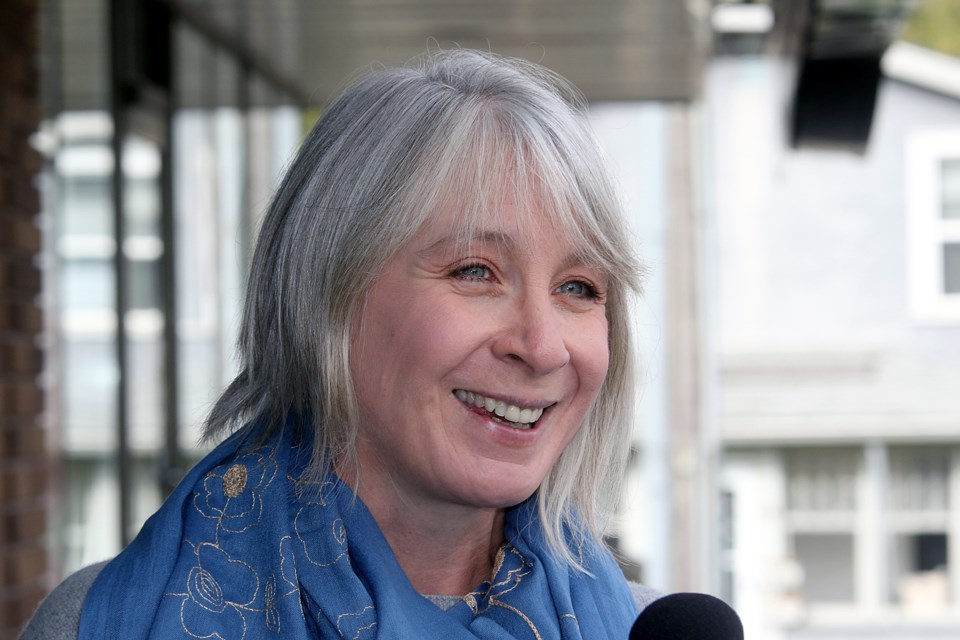THUNDER BAY – Health Minister Patty Hajdu says being able to watch the first COVID-19 vaccines being administered felt like being part of history.
However, she cautioned the general public to be patient.
While several provinces, including Ontario, have begun delivering vaccines to front-line workers and the country’s most vulnerable people, it will be some time before there are enough doses of either the Pfizer BioNTech or Moderna vaccines to inoculate larger swaths of the population.
“It’s going to take some time before everyone in Canada has an opportunity to be vaccinated and everyone around the world has an opportunity to be vaccinated,” Hajdu said on Tuesday, speaking with Thunder Bay Television.
“We’re going to have to be careful, but I actually saw the light glimmering, so it was very cool.”
Hajdu said eventually the plan is to have up to 200 sites across Canada where the vaccines can be administered.
At present there are 14 sites ready, with another 56 in preparations stages, including Thunder Bay Regional Health Sciences Centre, announced on Tuesday as a site which will be able to handle the volatile Pfizer vaccine, which must be stored at -70 C to be effective.
Hajdu admitted the need for extreme cold storage will limit access, at least in the beginning stages of the roll-out.
But there’s hope on the horizon, she said.
“I think when we’ll start to see a real unlocking of availability is when we have these more traditional vaccines. We have these Track 1, Track 2 vaccines. Track 1 are the ones that are new. They need to be kept at ultra cold temperatures. They’re a little bit more challenging logistically,” Hajdu said.
“But Track 2 are much more traditional and they can be administered and stored in ways that health-care professionals are very familiar with.”
Ontario at the moment is focusing on front-line workers and the vulnerable, with plans to centre on long-term care residents and staff and people in high-risk areas before starting to distribute it more widely to the general population.
She pointed out that 16 million Canadians were vaccinated during this year’s flu season in a matter of weeks, so the roll-out should run smoothly once the vaccines are readily available.
“Everyone who wants to will be vaccinated in this country,” Hajdu said. “Obviously the process is really unfolding as it should. Those people who are most at risk of dying, so saving lives, and those people who are working in highly infectious areas with people that are on the front lines of health care, for example, that are exposed to COVID all the time, so stopping the spread.
“The future looks much brighter. Let’s just say that.”
Hajdu added Canada is very close to approving the Moderna vaccine. The Pfizer vaccine received its approval earlier this month.
As for when Thunder Bay can expect the vaccine, Hajdu said she doesn’t have a firm timeline, noting it’s up to the province to decide on distribution in Ontario.
She does plan to ask Thunder Bay District Health Unit medical officer of health Dr. Janet DeMille and Thunder Bay Regional Health Sciences Centre COVID-19 lead Dr. Stewart Kennedy about their vaccine rollout plan and what supports they might need from the federal government to make it happen.
